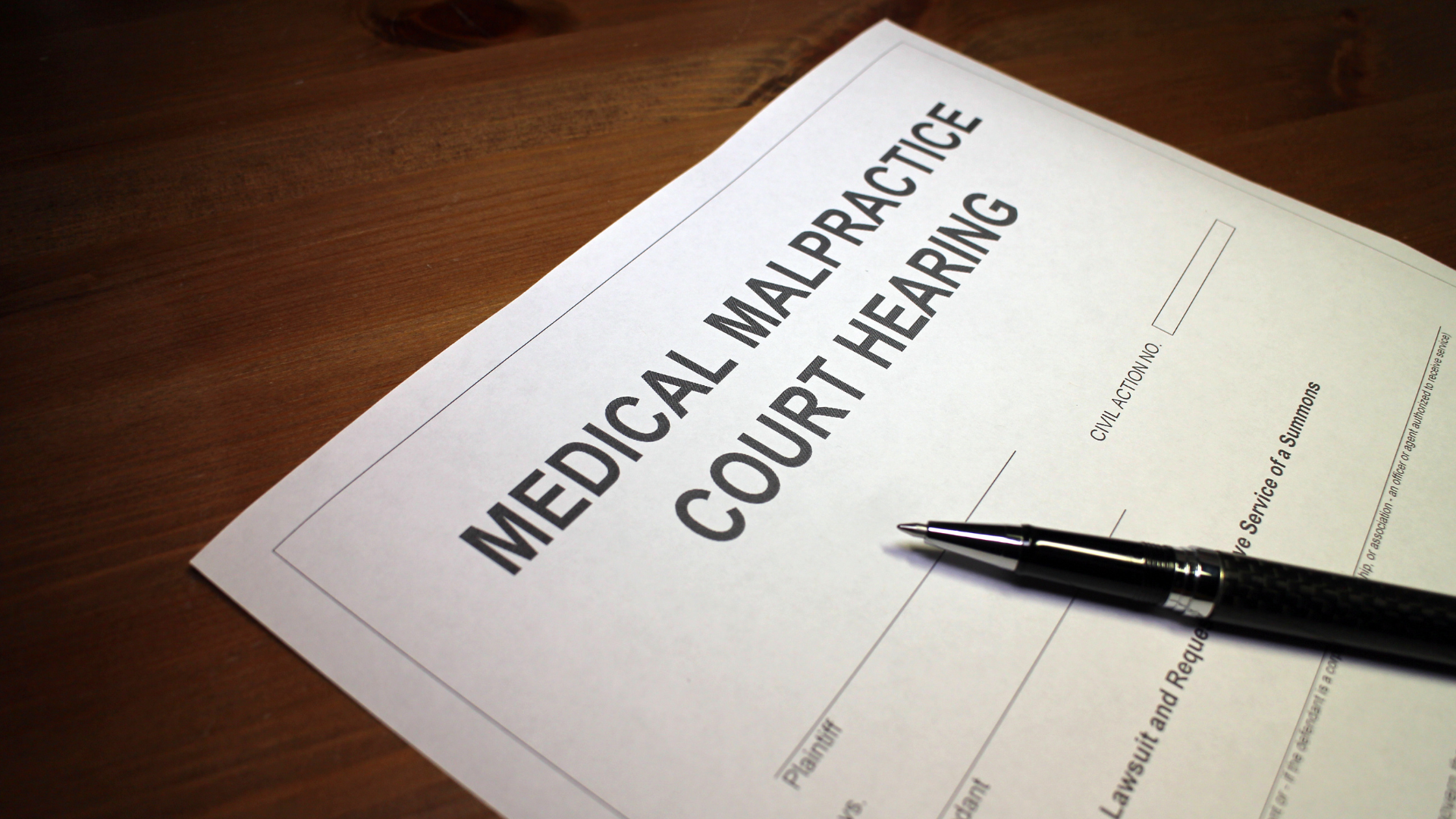There are many people that have had bad experiences with doctors and hospitals. Whether you were misdiagnosed, not given a correct diagnosis, or were injured in the hospital during your stay, you may be able to sue for medical malpractice.
In this article, we’ll take a look at the four types of medical malpractice cases.
What is Medical Malpractice?
Medical malpractice is a branch of negligence law that holds healthcare providers accountable for medical errors and preventable injuries. There are four main classes of medical malpractice cases:
1. Diagnostic errors
Diagnostic errors, a significant concern in healthcare, occur when a provider fails to accurately diagnose a disease or condition in a timely manner. For example, if a doctor misreads a test result or dismisses symptoms as unimportant, it could lead to a diagnostic error claim. Sometimes, these errors could be due to a faulty medical device, such as an ultrasound machine that hasn’t been properly maintained. Recognizing the financial constraints of healthcare facilities, hospitals can buy Used Ultrasounds or other medical devices as a cost-effective solution to ensure access to essential diagnostic tools. Medical Resale International or similar companies that deal with used medical devices, tend to them facilitate this process, providing a marketplace where hospitals can buy used medical equipment. This approach can support healthcare providers in their efforts to achieve error-free diagnosis, ultimately enhancing patient care and safety.
2. Treatment errors
These happen when a healthcare provider provides the wrong treatment or fails to provide proper treatment for a condition. For example, if a surgeon operates on the wrong body part or an anesthesiologist gives too much medication, this could be grounds for a treatment error claim.
3. Birth injuries
These occur during pregnancy, labor, and delivery when something goes wrong and the baby is injured. For example, if the baby is deprived of oxygen during delivery or suffers from shoulder dystocia (a condition where the baby’s head emerges but one of its shoulders gets stuck), this could be grounds for a birth injury claim.
4. Prescription errors
They occur when a healthcare professional prescribes the wrong medication or the wrong dosage of medication for a patient. Prescription errors can have devastating consequences, such as organ failure, disability, and death. If you or a loved one has been injured by a prescription error, you may be entitled to compensation for your injuries.
Types of Medical Malpractice
There are four types of medical malpractice cases: negligence, lack of informed consent, breach of contract, and battery.
1. Negligence
This is the most common type of medical malpractice case. It occurs when a healthcare provider fails to provide care that meets the standards set by law. This can happen when a doctor makes a mistake in diagnosis or treatment, or when they fail to follow proper procedures.
2. Lack of Informed Consent
Patients have the right to be informed about their diagnosis, treatment options, and risks involved in each option. If a healthcare provider fails to do this, it can be considered medical malpractice.
3. Breach of Contract
In some cases, patients may have a contract with their healthcare provider. This could be an insurance contract or a contract for specific services. If the healthcare provider breaches this contract, it could be considered medical malpractice.
4. Battery
This is the least common type of medical malpractice case but it can still occur. It happens when a healthcare provider performs unwanted or unnecessary treatments on a patient without their consent.
Who Can Be Held Responsible?
There are four parties who can be held responsible in a medical malpractice case: the patient, the doctor, the hospital, and/or the pharmaceutical company.
- The patient is responsible for their own health and well-being. They must take an active role in their care by asking questions, researching doctors and facilities, and being an advocate for their own health.
- The doctor is responsible for providing competent care. This includes making sure they have the proper training and experience to treat a patient’s condition, ordering appropriate tests and procedures, and communicating with the patient about their diagnosis and treatment plan.
- The hospital is responsible for ensuring that its staff is properly trained and its facilities are well-equipped to provide quality care. The hospital is also responsible to ensure that the doctors they hire have the appropriate credentials. For example, if the hospital offers medicare aid to the patients but the doctors are not appropriately credentialed, it could lead to complications and compromises in the quality of care. Therefore, they should make an active effort to either seek medicare consulting services that can help streamline the credentialing process or establish an internal system to meticulously verify and maintain the credentials of all employed doctors.
- The pharmaceutical company is responsible for making sure its products are safe and effective. They must test their drugs before they are released to the market, monitor them for adverse effects, and provide clear instructions on how to use them correctly.
The Legal Process
The legal process for medical malpractice cases can be complex and time-consuming. If you believe you have been a victim of medical malpractice, it is important to speak with an experienced attorney, similar to those found at https://www.warforindy.com/, who can fight for the compensation you deserve.
Each type of case has its own unique set of circumstances that must be proved in order to win a settlement or verdict. To win a failure to diagnose case, you must prove that the doctor failed to diagnose your condition in a timely manner and that this delay caused you harm. Misdiagnosis cases require you to show that the doctor made an error in diagnosing your condition and that this led to mistreatment or no treatment at all.
Surgical errors are usually the most difficult cases to win because you must prove not only that the surgeon made a mistake, but also that this mistake led to your injury or illness. Prescription errors are typically easier to prove than other types of medical malpractice because there is usually a paper trail documenting the error.
There are four main types of medical malpractice cases: errors in diagnosis, errors in treatment, surgical errors, and medication errors. If you think you or a loved one may have been the victim of medical malpractice, it’s important to understand which type of case you may have. An experienced medical malpractice attorney can help you investigate your claim and determine whether you have a valid case.




